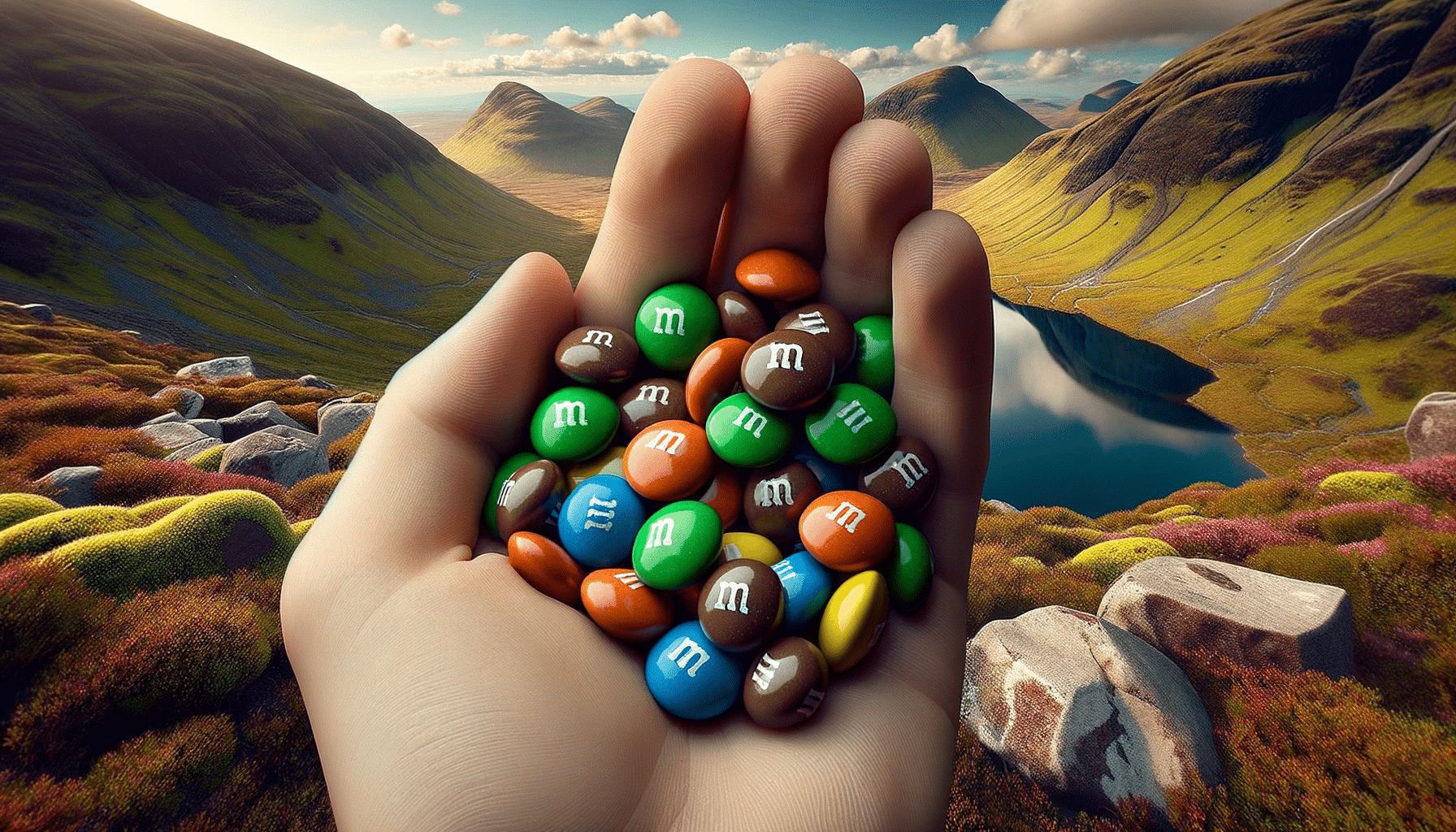In this article
Why People Crave Coffee
Coffee is a complex beverage with over 1,000 compounds that can influence its flavor and aroma. Key among these is caffeine, a natural stimulant that interacts with adenosine receptors in the brain, blocking the sensation of tiredness and increasing alertness. The brain comes to anticipate this energy boost, leading to cravings. Additionally, the aroma of coffee, produced by volatile organic compounds, can stimulate the olfactory system, enhancing the perceived flavor and creating a sensory experience that can be deeply satisfying.The ritual of drinking coffee also plays a part in the craving. The warmth, taste, and even the act of preparation can trigger dopamine release, contributing to the sense of pleasure and desire for repetition. While coffee itself doesn’t contain fats or sugars, many people add these to their brew, further enhancing its appeal through sweetness and texture. Finding a healthy alternative to coffee that can replicate this multi-faceted experience can be challenging, acknowledging the struggle many face in trying to reduce their coffee consumption.
10 Healthy Alternatives to Coffee
Green TeaSimilar to coffee, green tea contains caffeine, providing a similar energy boost. It’s healthier due to its high antioxidant content, which can help fight inflammation and boost brain health.
Herbal Tea
This offers a wide range of flavors, mimicking the variety found in coffee. Herbal teas are caffeine-free and often contain herbs with health benefits, such as chamomile for relaxation.
Chicory Coffee
This tastes very similar to coffee but is caffeine-free. Chicory root is high in inulin, a type of prebiotic fiber that promotes gut health.
Matcha Tea
Matcha provides a caffeine boost like coffee, but it’s released slowly for sustained energy. It’s packed with antioxidants and can help improve focus and concentration.
Golden Milk (Turmeric Tea)
This warm, spiced drink can be a comforting alternative to coffee. Turmeric contains curcumin, an antioxidant with powerful anti-inflammatory effects.
Chai Tea
Chai can offer a similar warmth and richness to coffee. It’s typically lower in caffeine and the spices used, like cinnamon and ginger, have various health benefits.
Lemon Water
While not similar in taste, lemon water can be a refreshing morning ritual. It’s hydrating and the vitamin C in lemons supports immune health.
Rooibos Tea
This is a caffeine-free alternative with a unique, robust flavor. Rooibos is rich in antioxidants and has been linked to heart health benefits.
Yerba Mate
Yerba mate can provide a similar caffeine kick to coffee. It also contains antioxidants and nutrients, including vitamin C, zinc, and B vitamins.
Kombucha
This fermented tea offers a different flavor profile, but can be enjoyed cold like iced coffee. Kombucha contains probiotics, which can support gut health.
Want some new ideas to curb your food cravings?
Give our free tool a spin
Generate Healthy Alternatives
Is Coffee Bad for Your Health?
There’s a common misconception that coffee is inherently harmful. While excessive consumption can lead to issues like insomnia or increased heart rate, moderate intake can actually offer health benefits. Antioxidants in coffee can help fight inflammation, and some studies suggest a link between coffee consumption and reduced risk of certain diseases.Can Coffee Help You Lose Weight?
Many people believe that coffee can aid in weight loss, primarily due to its caffeine content. While caffeine can boost metabolism in the short term, it’s not a magic bullet for weight loss. A balanced diet and regular exercise are far more effective.Does Coffee Dehydrate You?
The belief that coffee dehydrates you is a common misunderstanding. While coffee has a mild diuretic effect, it’s unlikely to lead to dehydration when consumed in moderate amounts. In fact, it can contribute to your daily fluid intake.Is Decaf a Healthy Alternative to Regular Coffee?
Decaf coffee is often seen as a healthier alternative for those sensitive to caffeine. While it contains less caffeine, the decaffeination process can sometimes involve chemical solvents. It’s important to choose decaf processed through natural methods like the Swiss Water Process.Does Coffee Stunt Your Growth?
The myth that coffee stunts growth is a long-standing one. However, there’s no scientific evidence to support this claim. Coffee consumption does not affect a person’s final adult height. It’s crucial to debunk such myths and provide accurate information.Join Guided Nutrition Challenges, or Start Your Own
High Protein, Eat Veggies, Time Restricted Eating, and more…
Explore Challenges














